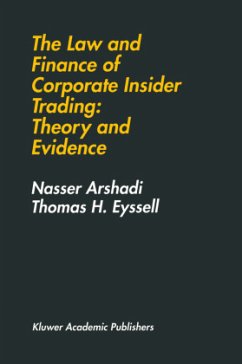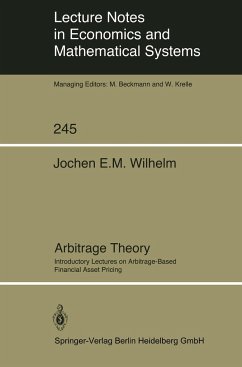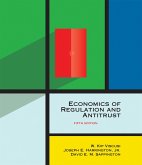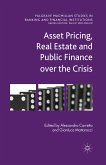A thorough analysis of insider trading requires the integration of law and finance, and this book presents a theoretical and empirical examination of insider trading by incorporating a synthesis of securities law with that of financial theory.
The book begins with a conceptual framework that explores the theoretical roles of markets, firms and publicly held corporations, including a discussion of corporate governance to determine both who may have access to nonpublic information, and their legal rights and responsibilities. The book then examines different aspects of the securities laws, including the Securities Act of 1933, the Securities Exchange Act of 1934, and a critique of the SEC disclosure rules and their ramifications for market efficiency. This is followed by a detailed chronology of insider trading regulations enacted in the U.S. since 1934 and an overview of the existing empirical literature on insider trading. Empirical evidence is presented on insider trading activities and the merit of anti-insider trading laws is evaluated on theoretical arguments and recent empirical developments. The authors conclude by arguing that insider trading laws and enforcement activities have failed and propose the decriminalization of insider trading.
The book begins with a conceptual framework that explores the theoretical roles of markets, firms and publicly held corporations, including a discussion of corporate governance to determine both who may have access to nonpublic information, and their legal rights and responsibilities. The book then examines different aspects of the securities laws, including the Securities Act of 1933, the Securities Exchange Act of 1934, and a critique of the SEC disclosure rules and their ramifications for market efficiency. This is followed by a detailed chronology of insider trading regulations enacted in the U.S. since 1934 and an overview of the existing empirical literature on insider trading. Empirical evidence is presented on insider trading activities and the merit of anti-insider trading laws is evaluated on theoretical arguments and recent empirical developments. The authors conclude by arguing that insider trading laws and enforcement activities have failed and propose the decriminalization of insider trading.








